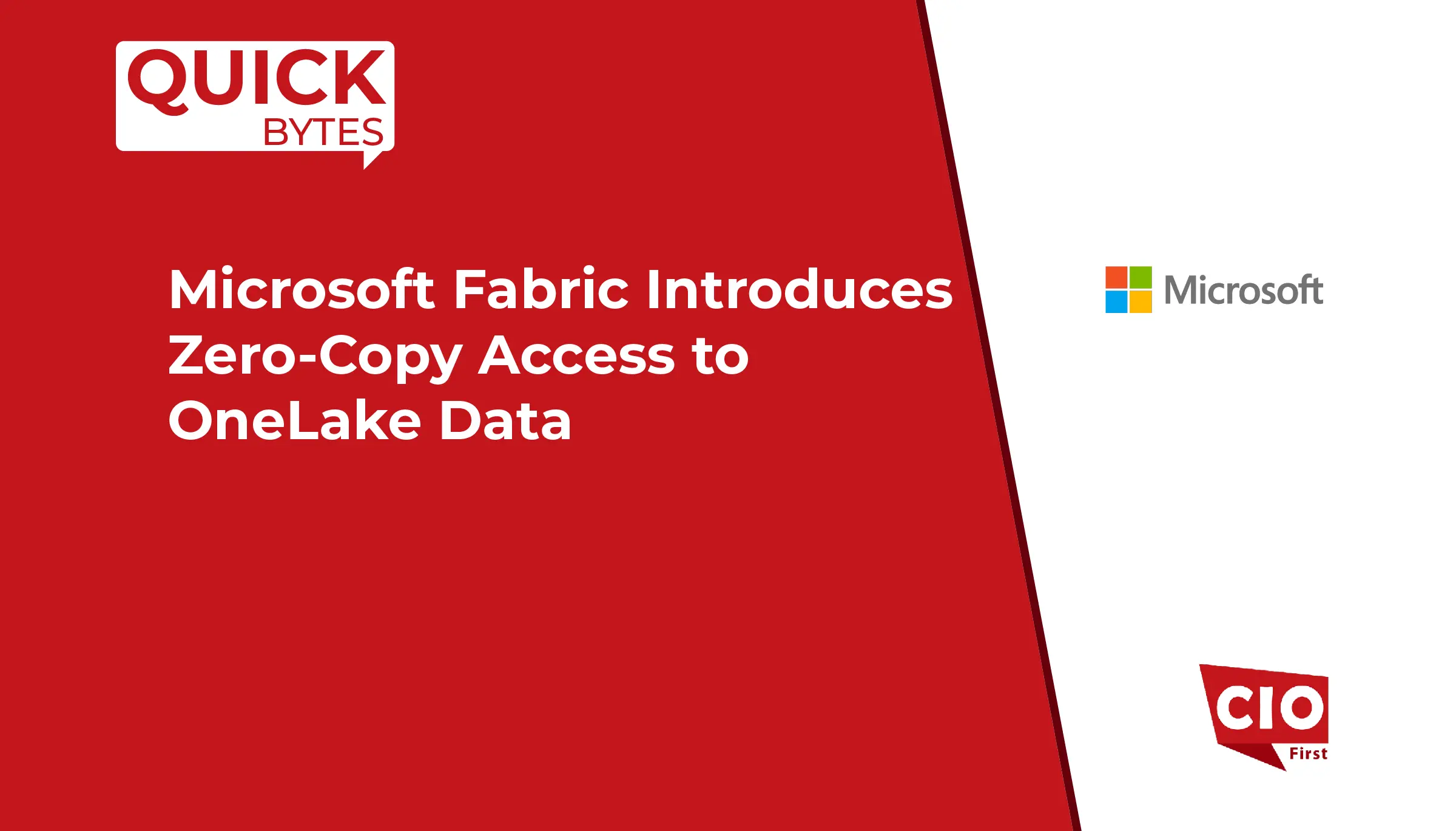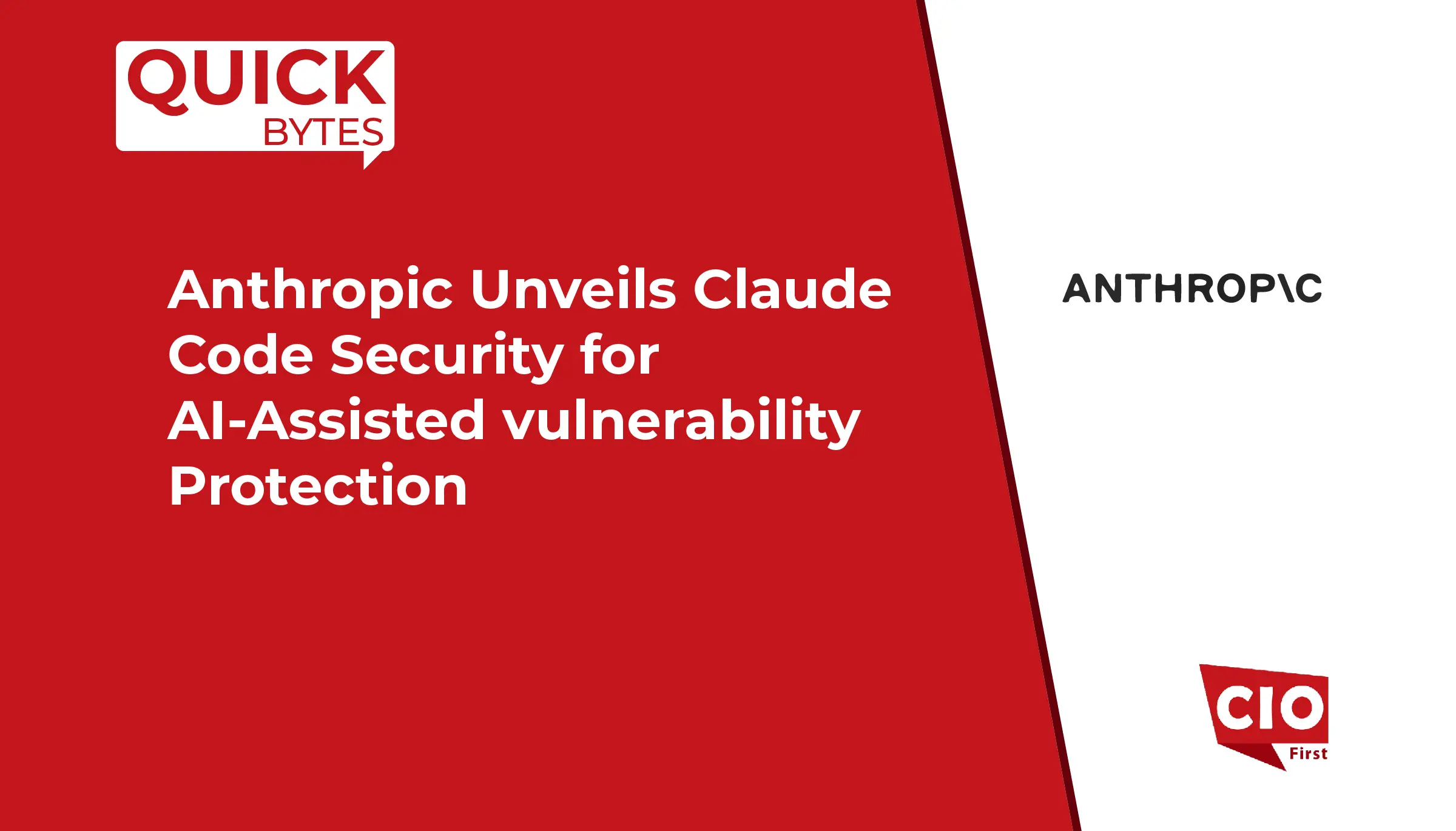RSA, a leading provider of identity-centric cybersecurity, announced today the general availability of RSA ID Plus for Microsoft, a solution designed to boost security around Microsoft Entra ID (formerly Azure AD). The first product in this lineup – RSA ID Plus M1 – is now available on the Microsoft Azure Marketplace.
The solution promises enhanced multi-factor and passwordless authentication across a wide spectrum of environments – from legacy systems, mainframes, and OT (operational technology) to modern cloud services. It supports devices and servers inside and outside Microsoft domains. This includes Entra-connected PCs, AD-joined machines, macOS devices, and web servers. It ensures broad coverage, even where Microsoft’s protections may not reach.
RSA ID Plus has a Hybrid-HA (High Availability) architecture. This design includes offline capabilities. It keeps critical systems accessible and secure, even if the cloud goes down. Additionally, the product includes RSA Help Desk Live Verify, a phishing-resistant identity verification system that prevents attackers from exploiting helpdesk or registration workflows.
According to RSA CEO Greg Nelson, this product addresses a growing set of threats facing “high-security sectors” such as financial services, healthcare, utilities, and government. He says these industries need advanced identity security that works across both cloud and legacy infrastructure to stay resilient against emerging attack vectors. RSA also highlighted that this solution “prevents attacks that bypass multi-factor authentication” – a key concern for identity-security teams.
Implications for the Cybersecurity Industry
RSA’s announcement is not just about a new product. It shows big changes in identity security. Also, it highlights how cybersecurity companies are adapting to tougher threats.
1. Addressing Modern Identity Threats
Identity has become a central battleground in cybersecurity. Attackers are increasingly exploiting weaknesses in authentication processes, using phishing, credential stuffing, or helpdesk manipulation to gain access. By coupling strong, phishing-resistant verification (Help Desk Live Verify) with hybrid HA, RSA is offering a more robust line of defense.
2. Supporting Hybrid and Legacy Environments
Many organizations use a combination of outdated systems, local infrastructure, and cloud services. We need solutions that ensure smooth identity protection in this hybrid setup. RSA ID Plus for Microsoft is a smart choice for businesses that can’t move to the cloud completely yet. It helps address modern identity risks effectively.
Also Read: Diligent Expands Governance Platform With Secure Data Room for High-Stakes Enterprise Transactions
3. Focus on High-Risk, Regulation-Intensive Sectors
RSA is focusing on sectors such as finance, healthcare, energy, and critical infrastructure. These markets need strong identity governance and continuity. Many industries have stricter rules and face serious consequences if there’s a breach. So, advanced identity protection becomes a key priority.
4. Supporting Zero Trust and Passwordless Authentication
Zero Trust security models emphasize verifying every identity and device, and reducing reliance on passwords is a big part of that. RSA’s solution supports passwordless authentication while maintaining strong verification even when offline – a powerful combination for organizations pursuing modern, Zero Trust-aligned architectures.
Business Impacts for Cybersecurity Vendors and Customers
The launch of RSA ID Plus for Microsoft could drive several broader business trends in the cybersecurity space:
Competitive Pressure on IAM Providers: Other IAM vendors may react by enhancing their passwordless solutions. They may also increase support for hybrid and on-premises legacy systems. Additionally, they could improve helpdesk authentication processes.
Organizations, especially in regulated sectors, will likely spend more on identity-first security. This helps reduce risk and meet compliance needs.
Vendor Partnerships & Market Positioning: RSA boosts visibility by showcasing its solution on the Microsoft Azure Marketplace. This move boosts its partnership with Microsoft. It shows that the company is a collaborator, not just a competitor.
Operational Continuity Assurance: The hybrid HA architecture helps businesses run smoothly. It keeps operations going, even if cloud connections fail. This is crucial for companies that can’t afford any downtime.
Challenges & Considerations
While the product shows promise, RSA and its customers will face several challenges:
Adoption Complexity: Integrating with various environments can be tough. This includes legacy systems and non-Microsoft services. A smooth rollout and a positive user experience are essential.
User Training and Change Management: Organizations must train helpdesk staff and end users on the new Live Verify processes. This is critical for those switching to pass- or passwordless authentication.
Cost vs. Risk Justification: Smaller or less regulated organizations may need to justify the added expense of advanced identity protection. This depends on their unique threat landscape.
Conclusion
Overall, RSA’s new ID Plus for Microsoft solution is a strong signal of how identity security continues to be a cornerstone of modern cybersecurity strategy. Attackers are using more advanced methods. So, security teams want better, more dependable authentication. This is especially true in hybrid and high-risk settings.
This launch focuses on identity-first security, phishing-resistant verification, and hybrid options in cybersecurity. For businesses in regulated or critical sectors, it’s a great tool. It helps boost resilience, cut risk, and fit into modern security frameworks like Zero Trust.



























